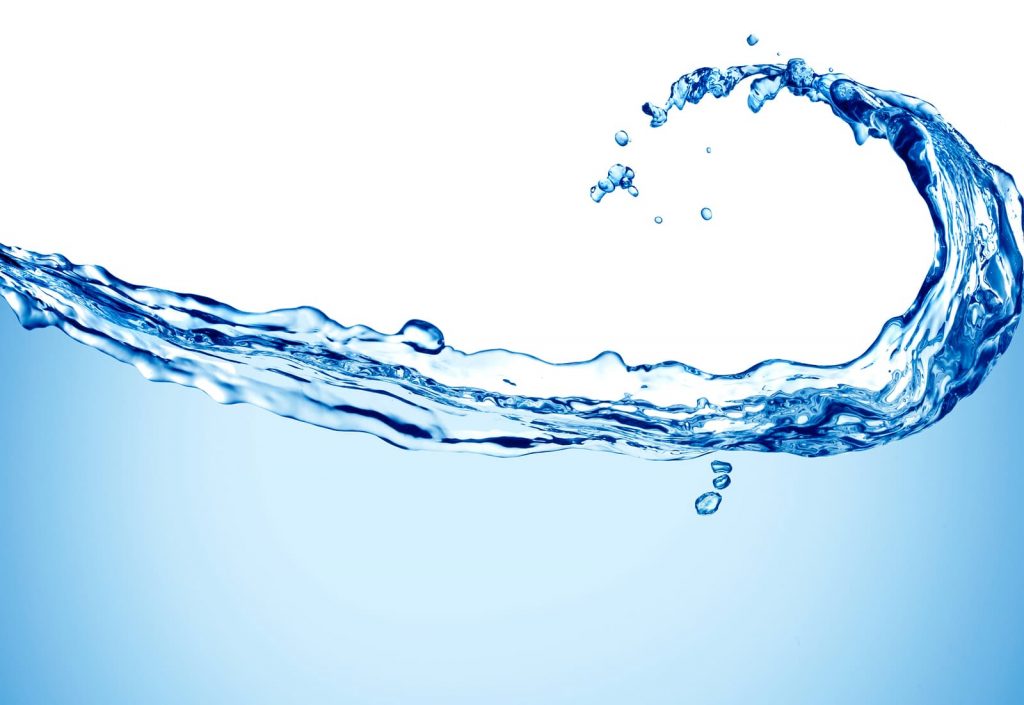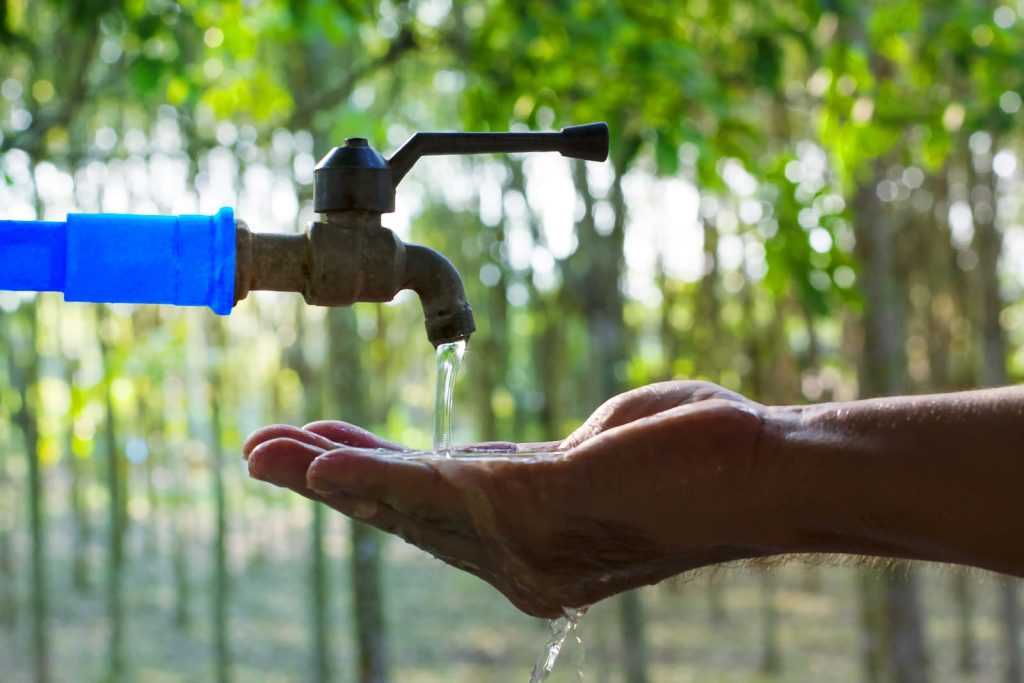There are few things more important than having clean water at your home. When you pour yourself a glass of water, the last thing you want is to be unsure about its quality. As the owner of a water well, you are the one responsible for water quality testing. If you recently installed a water well, you may have some questions about the best practices. How often do you have to test? What is the purpose? What are you testing for? Answering these questions can help you maintain a safe water quality in your water well.
Why Do You Need Water Quality Testing?
Those who have only recently installed their water well might be curious as to why they have to do it in the first place – especially when it’s a brand new well. New wells need to be tested before they are used in order to identify pre-existing problems and make sure the water is suitable for whatever it will be used for (drinking, watering plants, etc.) Initial testing also lets you track changes over time so you can determine the best water quality testing plan for your unique environment. This enables you to properly judge the effectiveness of your treatment plan. Going beyond initial testing – regular water quality testing helps ensure the health and safety of anyone using the well.
How Do You Know The Water Is Safe To Drink?
Once you realize the importance of water quality testing, you may start to question when exactly you can be sure your water is safe. The first measure is to have the water tested professionally. There are a few kits and methods of testing water by yourself, but only an expert and lab testing can confirm its safety.
What Am I Testing For?
While professional water well companies will know all of this, it’s important to learn the basics for yourself. Water potability testing looks for coliform bacteria, improper pH, sodium, chloride nitrates, sulfate, manganese, iron, water hardness and the total dissolved solids in the water. Coliform bacteria are microorganisms that are harmful to human health. High nitrate concentrations restrict your blood’s ability to carry oxygen. Sodium, chloride, iron, sulfate, manganese, and other dissolved solids can make your water taste and smell bad. Sulfates can act as laxatives or irritate your gastrointestinal system. Additional testing for uranium, arsenic, and selenium may also be required depending on where the well is.
How Often Should You Test?
The most common practice is to undergo water quality testing at least once a year. Shallow wells should be tested more often, as they are more easily contaminated. Shallow wells should be tested around four times a year. Consult a professional to find out the best testing frequency for your specific well size. Also, make sure the water is tested in both the well and at the tap for drinking water. This way, you know the water isn’t getting contaminated while traveling through plumbing.
Expert Water Quality Testing
If you suspect your well is contaminated, you should stop using your water and call a professional as soon as possible. Unsanitary water can cause serious health risks, especially for infants and pregnant women. Be sure that your family is safe and call a professional to test your drinking water. A1 Well Drilling & Pump Service can help with all of your water treatment needs. We offer a variety of water treatment services to help with all of the different problems that may occur. We will test your drinking water and ensure it is safe for consumption. If you think there is lead in your drinking water or you just want to be safe, give us a call today!






